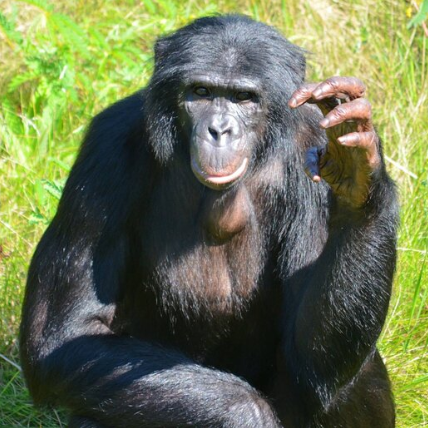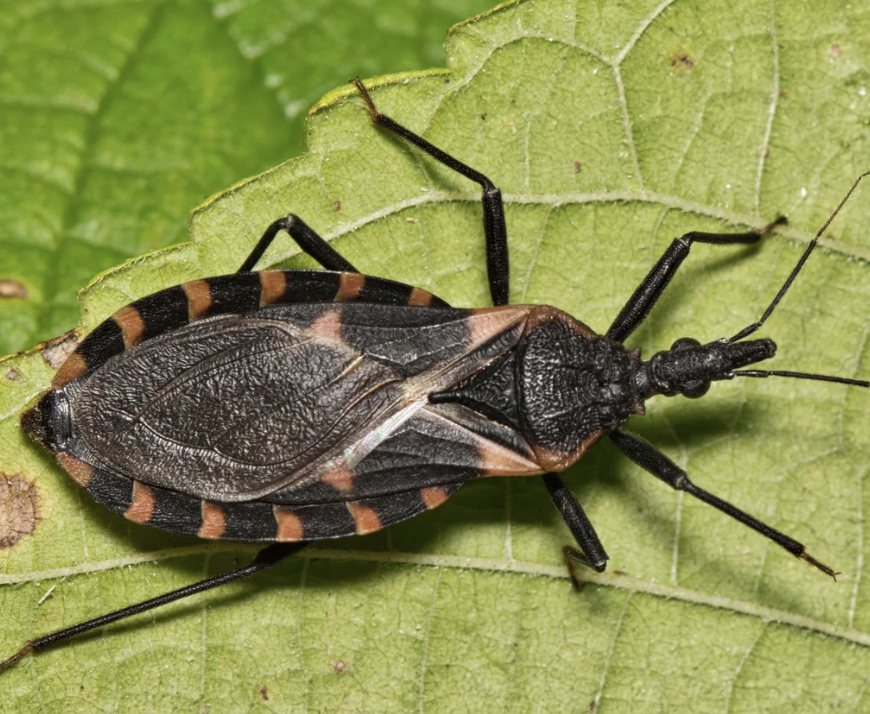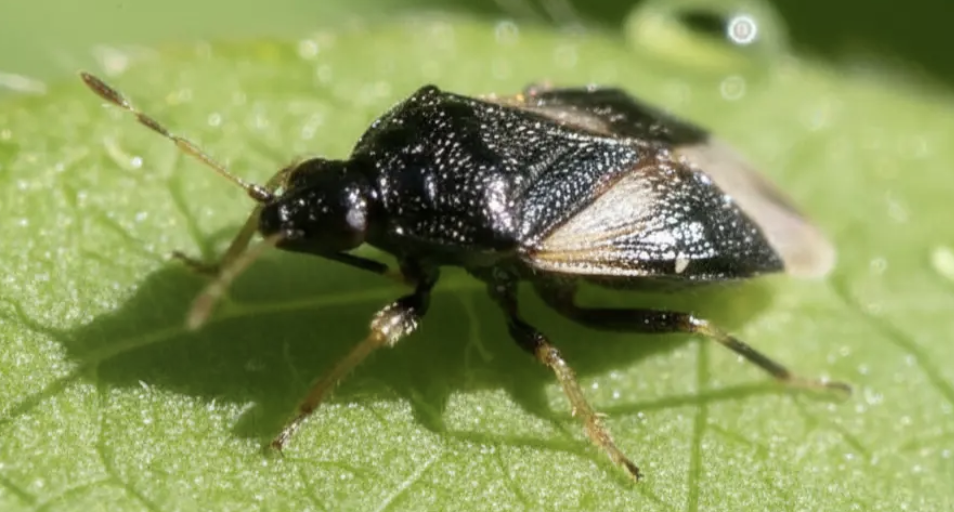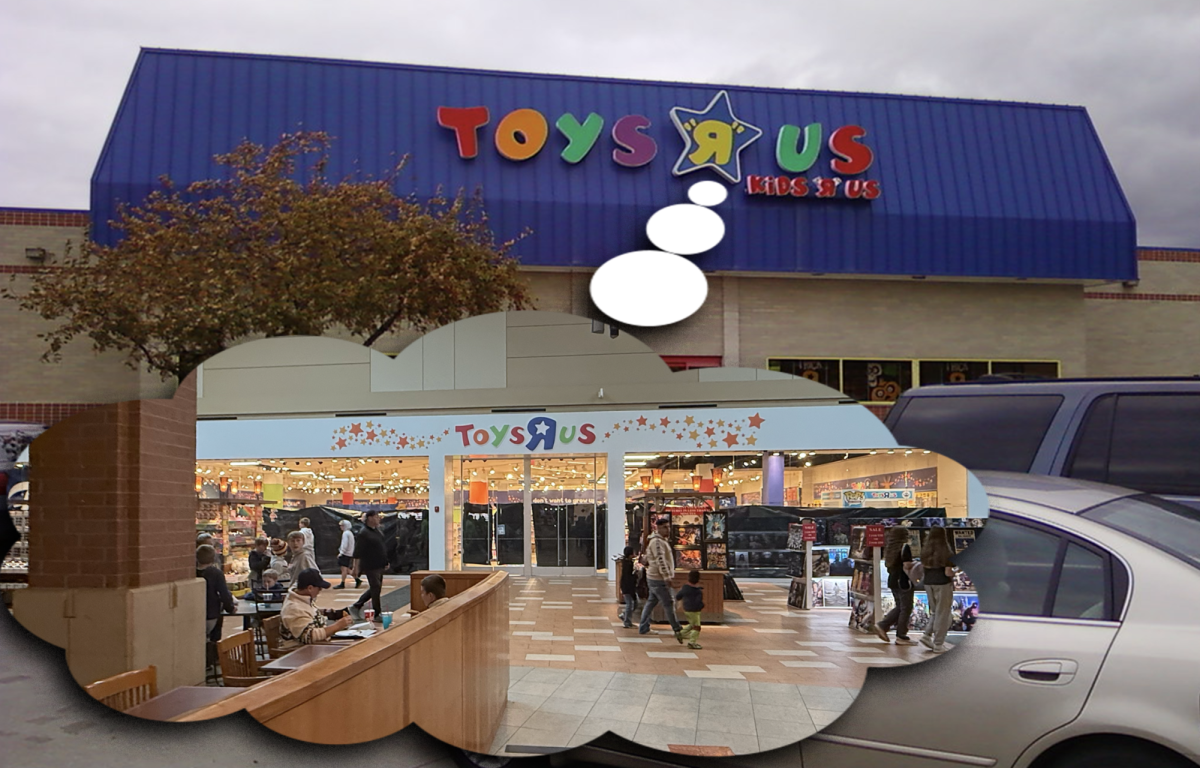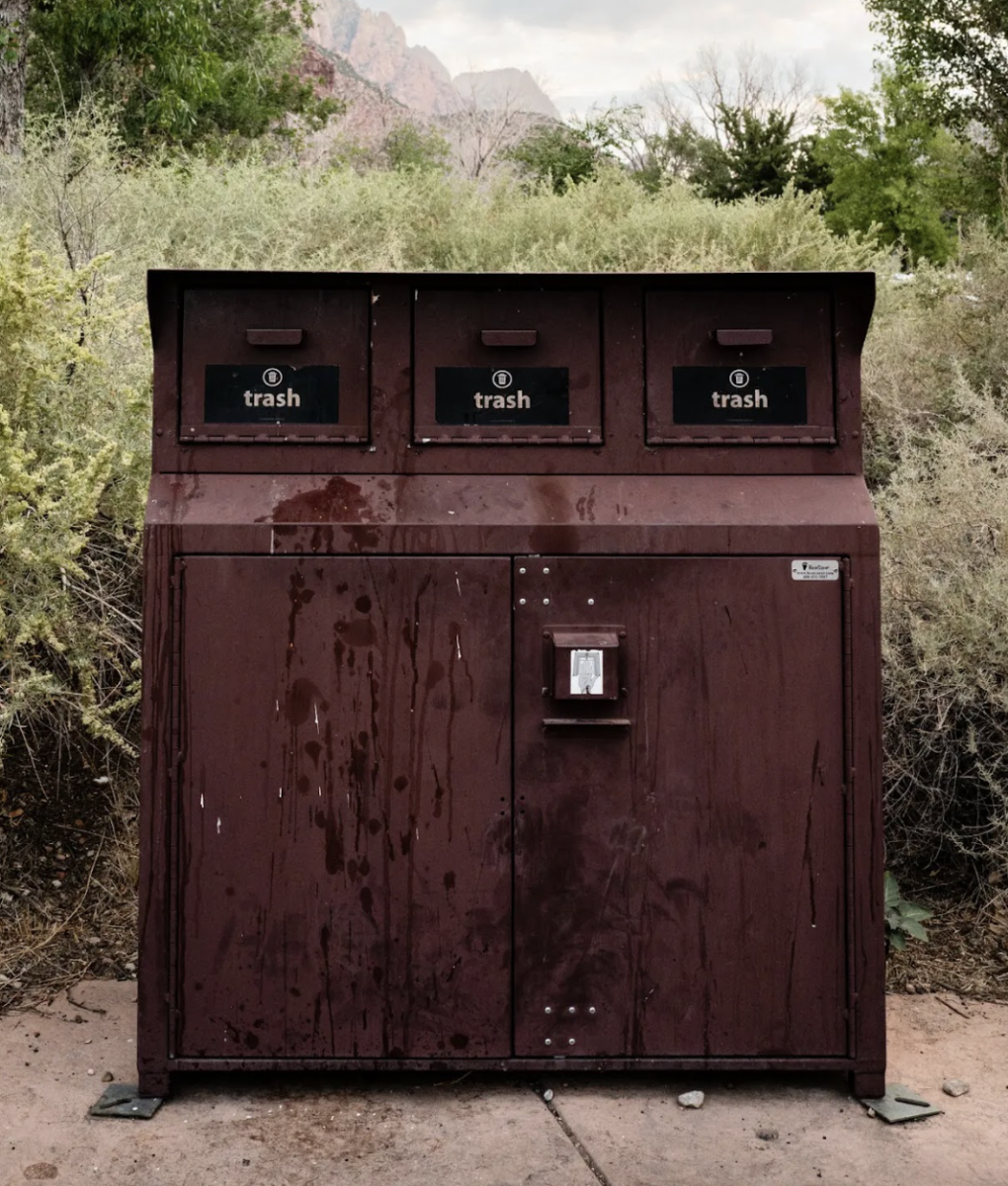Almost everyone has been to an aquarium or a zoo as a child, however not many have been able to experience purely research focused animal care facilities. Des Moines, Iowa has the only research organization in the world that is dedicated to the study and conservation of the species that is closest related to humans. This species is the endangered bonobo.
“Ape Initiative is a 501(c)(3) nonprofit with a focus on science, education, and outreach. Ape Initiative’s programs enrich the lives of the bonobos we care for, and promote environmental stewardship and scientific literacy across the globe,” said Amanda Epping.
Epping works at the Ape Initiative creating environments for people to learn and grow connections. Humans are more likely to care about something that they have a connection to. The Ape Initiative is a way for people to make those connections and when people find that connection with animals it results in finding better ways to provide care to them.
“We believe that bonobos, and seeing them up close, serves as a perfect bridge for people to care about all the living things around us,“ said Epping.
People often don’t realize when going to animal attractions they are not there to help the animals and care for them. Looking for signs that the animals are in exploitative conditions is an important part of enjoying the living things around us. Seeing things that are appealing to people and not the animal is a key sign of poor animal care environments. It is often seen that animals will have toys and foods that are just fun for the humans to see. Different animals have different needs to be met and facilities that are putting animals in exploitative environments are not catering to those needs.
There are obvious signs that an animal lives in a healthy environment; the animal will have the typical behavior of that species. Other things to see would be enclosure and enrichment items that allow the animal to act and think as they would in the wild. Diets should also be as the species would typically have in the wild; everything an animal needs in the wild they also need in a protected environment.
“I think the most important characteristics of positive animal care are places where the top priority, no matter what, is good animal well-being and good animal welfare,” said Epping.
The Ape Initiative holds education programs allowing K-12 STEM initiatives to learn about the bonobo. The goal is to inspire the future generations of scientists and educators. Raising awareness about endangered species is one of the most important parts to reversing the decreasing population of the species. With the outreach program the Ape Initiative is able to spread awareness of the endangerment of bonobos.
Humans have been shown to pose the greatest threat to the species yet are still the only ones that can truly save them. The Ape Initiative continues to educate people about the care facility and species itself in hopes to connect more people to the cause.
The research within the care facility focuses on the bonobos, Kanzi, Elikya, Nyota, Maisha, Teco, Clara and Mali, helping the scientists learn about the origins of the human language, cognition, and behavior. The bonobos are given the choice each day on whether they want to participate in the behavioral and cognitive research activities.
According to apeinitiative.org, “Research projects, like touchscreen computer tasks, tool-use tasks, and food preference tests, keep the bonobos’ minds engaged and are another form of enrichment for our apes. Teco is especially fond of our science program and will ask to participate in research projects multiple times throughout the day.”
It is so important for people to understand the dangers to bonobos and be able to help minimize the endangerment of the species. Bonobos are the closest relative to the human and being able to research and care for them is an important part of science. Des Moines, Iowa, has the only facility dedicated only to caring for and studying bonobos and this creates ways for people to see the behavior of the species.
